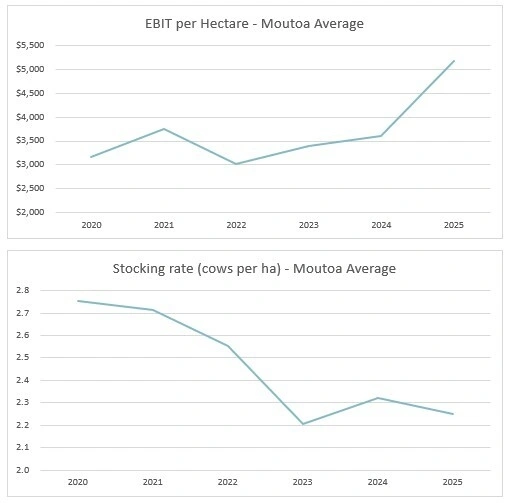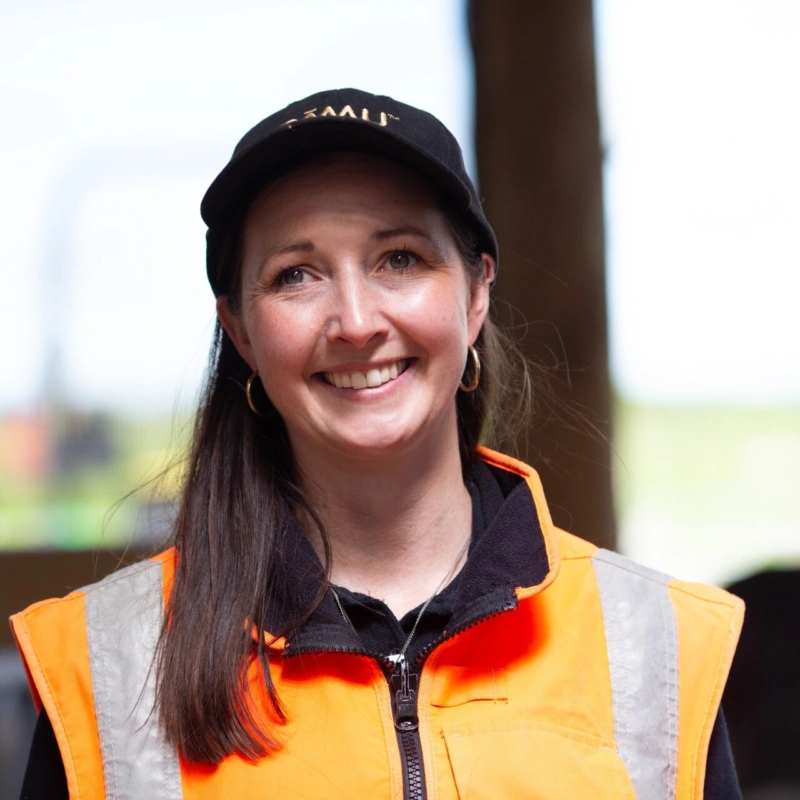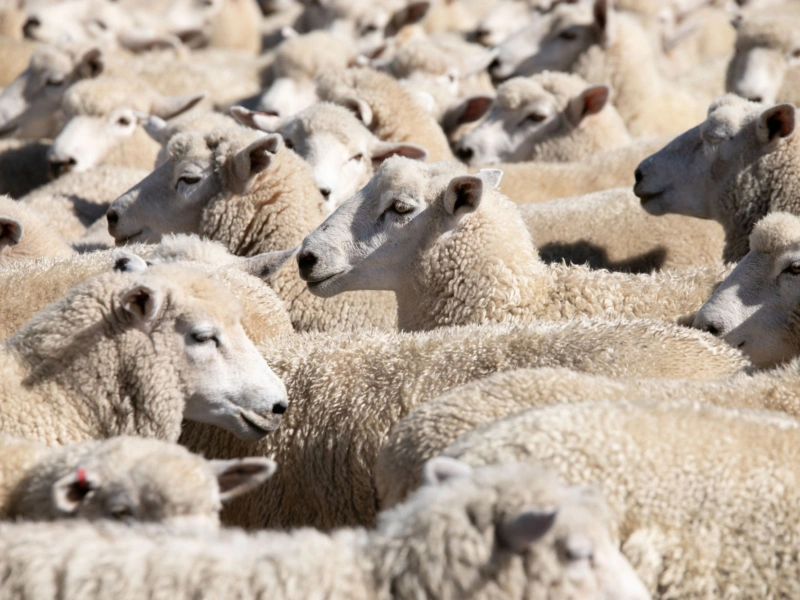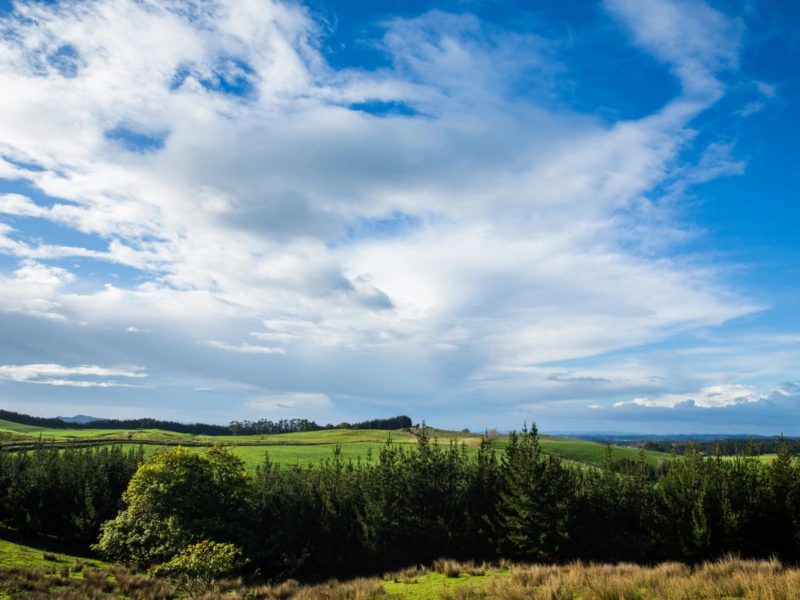Pāmu (Landcorp Farming Limited) has announced that three more dairy farms at its Moutoa Dairy Complex in Manawatū have achieved full organic certification. This brings the State-Owned Enterprise’s total organic portfolio to 11 organic farms and two runoffs, strengthening its role as the leading supplier of organic milk in New Zealand.
The Pāmu organic dairy estate includes four dairy farms at Wairākei Pastoral Estate near Taupō, and seven at Moutoa near Foxton. Pāmu is now farming 6,430 dairy cows on 4,190 hectares, supplying milk for premium markets worldwide. Two runoffs have been combined and a third is now in the process of conversion.
“By operating at scale, Pāmu is providing the critical volume and stability that allows New Zealand’s organic industry to grow and thrive. This milestone reflects our long-term commitment to sustainable dairy farming,” says Pāmu Chief Executive Mark Leslie. “Converting dairy to organic is a rigorous process that takes three years to roll out fully, and this recent achievement reflects the passion and skill of our teams.”
Commitment to Premiums and Performance
Since 2016, Pāmu has invested in organics to deliver strong commercial outcomes alongside environmental benefits. Organic farming enables Pāmu to capture premium returns in the market while maintaining operational performance and efficiency.
“Organic production is a strategic lever for Pāmu,” says Mark Leslie. “By supplying organic milk, we not only meet growing consumer demand but also secure higher premiums that strengthen profitability and long-term resilience.”
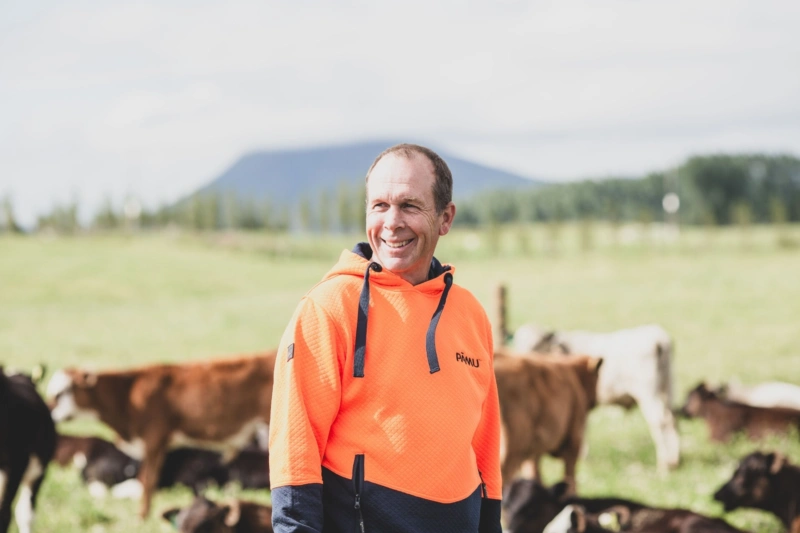
The conversion journey
Achieving certification under USDA NOP and COR standards requires:
- System changes – fewer cows, longer grazing rounds, and improved soil health
- Animal health protocols – prioritising prevention, restricted use of treatments, and strict record-keeping
- Feed and cleaning compliance – only certified feed and approved shed products.
“The key is really the right people,” says Cleo Te Kiri, Dairy Business Manager, Organics. “You need to be invested and passionate about the system change. As a team, we are proud of the sustainable model we have achieved and feel the philosophies of organics align with our personal values.”
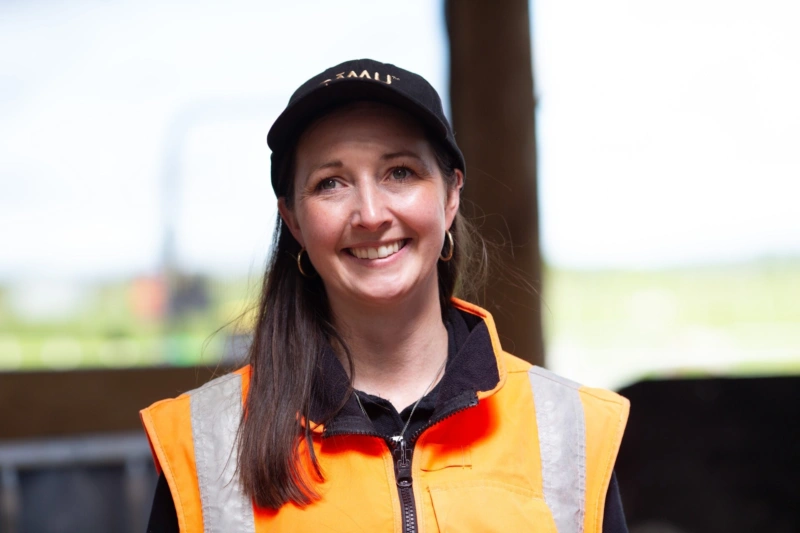
Joel Peterson, Moutoa Business Manager, adds that good data is critical.
“Organic systems limit external feed and fertiliser inputs, so we rely on diverse grass species and regular soil testing to maintain productivity. Cropping and pasture renewal help sustain output, and we use tools like feed wedges, sward sticks, and plate meters to track and optimise pasture performance.”
Animal health focuses on prevention, natural approved remedies, and strict protocols. Any animal treated with nonorganic drugs is removed from the organic system.
“An organic farmer is a proactive farmer, says Joel. “Being proactive reduce losses in productivity and financial performance, while looking after our environment and leaving our land enhanced for the next generation.”
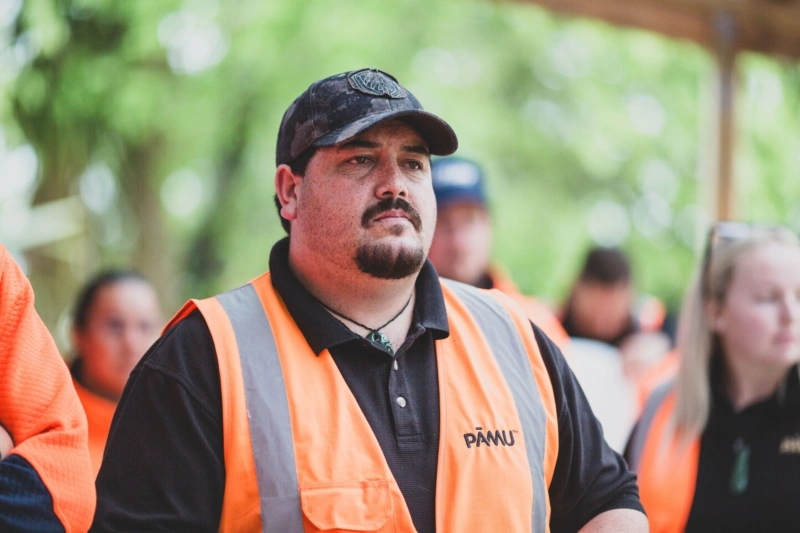
Moutoa performance snapshot
- Milk solids: ~380–400 kgMS/cow (after an initial dip in 2022)
- EBIT/ha: lifted sharply in FY25 to $5181 per hectare despite higher costs, with $7100 per hectare forecast for FY26
- Stocking rate: down from 2.75 to ~2.3 cows/ha in five years.
Global market access
Moutou Dairy Units, Ruapehu, Tongariro, and Aspiring now meet USDA NOP and COR standards, alongside Pāmu certifications for EU, GB, Switzerland, Canada, Taiwan, China, Korea, and more, enabling Fonterra to pursue premium partnerships globally.
“Certified organic products access premium markets and command higher milk prices, supporting sustainable profitability. Organic farming also supports kaitiakitanga, guardianship and intergenerational stewardship, while providing jobs and supporting rural communities,” says Mark Leslie.
